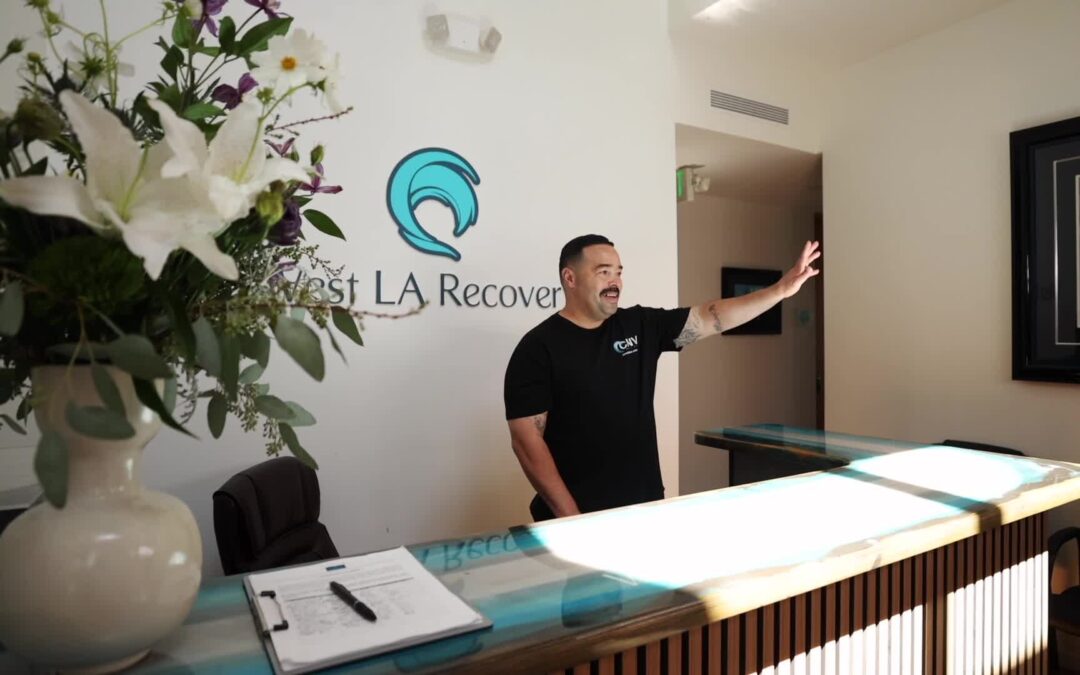Importance of Self-Care in Sobriety
Self-care isn’t just a trendy buzzword—it’s a crucial foundation for lasting sobriety. Your recovery journey demands attention to both your physical and emotional well-being, creating a balanced approach that supports long-term healing.
Think of self-care as your daily armor against relapse. When you prioritize your well-being through:
- Regular exercise
- Proper nutrition
- Adequate sleep
- Emotional processing
- Stress management
You build resilience against triggers and cravings that challenge your sobriety.
A holistic approach to recovery recognizes that addiction affects every aspect of your life. By implementing consistent self-care practices, which can be part of your aftercare, you address not just the physical aspects of addiction but also the emotional and psychological components that influence your recovery journey.
The connection between self-care and maintaining sobriety is clear: when you take care of yourself, you’re better equipped to handle life’s challenges without turning to substances. Your commitment to self-care directly strengthens your commitment to sobriety.
Physical Self-Care Routines in Recovery

Physical self-care is crucial for your recovery journey. Your body needs consistent care through three essential pillars:
1. Regular Exercise
A 30-minute daily workout releases endorphins, reduces stress, and builds mental resilience. Start with gentle activities like walking or swimming, gradually increasing intensity as your strength builds.
2. Balanced Nutrition
Your brain and body require proper fuel to heal. Focus on:
- Lean proteins for neurotransmitter production
- Complex carbohydrates for sustained energy
- Fresh fruits and vegetables for vital nutrients
- Adequate hydration (8-10 glasses of water daily)
3. Quality Sleep
Establish a consistent sleep schedule aiming for 7-9 hours nightly. Create a calming bedtime routine:
- Dim lights an hour before bed
- Avoid screens
- Practice gentle stretching
- Use relaxation techniques
These physical self-care routines strengthen your recovery foundation by regulating mood, reducing cravings, and enhancing your body’s natural healing processes. When you prioritize your physical well-being, you build resilience against triggers and maintain steady progress in your sobriety journey.
Emotional Self-Care Practices for Healing

Emotional healing requires dedicated attention to past traumas and current emotional patterns. Implementing structured emotional self-care practices creates a foundation for lasting recovery and personal growth.
Key emotional self-care practices include:
- Journaling daily thoughts and feelings
- Setting healthy emotional boundaries
- Processing emotions through art or music therapy
- Practicing self-validation exercises
Mindfulness techniques strengthen your emotional resilience by helping you stay present and aware. Simple practices like body scanning, breath awareness, and mindful walking allow you to recognize emotional triggers before they escalate.
Therapeutic approaches like Cognitive Behavioral Therapy (CBT) and Dialectical Behavior Therapy (DBT) provide practical tools for emotional regulation:
- CBT helps identify and reshape negative thought patterns
- DBT teaches distress tolerance and interpersonal effectiveness
- Both methods support emotional awareness and healthy coping skills
Regular engagement with these therapeutic methods builds emotional intelligence and creates lasting positive change. Working with trained professionals ensures you receive proper guidance while developing these essential emotional self-care skills.
Mindful Self-Care Rituals for Anxiety and Cravings
Mindful self-care rituals are powerful tools for managing anxiety and cravings during your recovery journey. These intentional practices help you stay present and grounded when challenging emotions arise.
Anxiety-Relief Practices:
- Deep breathing exercises: 4-7-8 breathing technique
- Progressive muscle relaxation
- Gentle stretching or yoga poses
- Creating art or journaling
- Taking mindful walks in nature
Breaking Craving Patterns:
- Identify your triggers and create alternative responses
- Practice the HALT method (Hungry, Angry, Lonely, Tired)
- Use grounding techniques like the 5-4-3-2-1 sensory exercise
- Engage in absorbing activities that require focus
Mindfulness helps you observe cravings without judgment, understanding they’re temporary sensations that will pass. Regular practice strengthens your ability to sit with discomfort rather than seeking immediate relief through substances.
Remember to approach these practices with patience and self-compassion. Each moment of mindful awareness builds resilience and deepens your connection to yourself in recovery.
Social Support Networks and Accountability in Sobriety Maintenance
Building a strong support network is a cornerstone of lasting sobriety. Your recovery journey becomes more manageable when you surround yourself with people who understand and support your path to sobriety.
Key Elements of a Supportive Network:
- Peer support groups
- Trusted family members
- Sober friends
- Recovery mentors
- Professional counselors
These connections provide essential accountability checkpoints in your recovery journey. When you share your goals and progress with others, you create a built-in system of responsibility and encouragement.
Community connections, such as those fostered by community programs, strengthen your sobriety through:
- Regular check-ins with accountability partners
- Shared experiences in group meetings
- Celebrations of sobriety milestones
- Crisis support during challenging moments
Your support network acts as a safety net, offering understanding and guidance when you need it most. Through these relationships, you gain valuable insights from others who have walked similar paths. The shared wisdom and experiences within your community provide practical strategies for maintaining long-term sobriety.
Spiritual Practices for Self-Compassion in Sobriety Journey
Spiritual practices create a powerful foundation for self-discovery and healing during your recovery journey. Daily meditation sessions, even just 5-10 minutes, help you cultivate inner peace and maintain emotional balance when facing challenges.
Nature as a Source of Spiritual Connection
Nature immersion serves as a spiritual sanctuary – walking in parks, sitting by the ocean, or hiking trails connects you with something greater than yourself. These experiences often bring clarity and perspective to your recovery path.
The Role of Faith Communities in Recovery
Faith communities provide spiritual nourishment through:
- Shared worship experiences
- Group prayer sessions
- Sacred text studies
- Meaningful volunteer opportunities
Nurturing Self-Compassion through Spiritual Reflection
Self-compassion grows through spiritual reflection practices:
- Journaling your recovery insights
- Creating personal rituals
- Setting intentions each morning
- Practicing gratitude
Your spiritual journey might include exploring different philosophies, finding meaning in service to others, or developing your own understanding of a higher power. The key is discovering practices that resonate with your authentic self and support your healing process.
Holistic Approaches to Lasting Sobriety
Holistic recovery programs integrate mind-body practices with traditional treatment methods, creating a comprehensive approach to sustained sobriety. These integrative methods address addiction recovery from multiple angles:
Key Holistic Practices:
- Yoga therapy helps regulate stress responses and builds body awareness
- Acupuncture reduces withdrawal symptoms and cravings
- Art therapy provides emotional expression and healing
- Sound healing promotes relaxation and mental clarity
Your recovery journey benefits from a personalized combination of these practices, tailored to your specific needs and preferences. Research shows individuals who engage in holistic treatments alongside traditional methods experience:
- Reduced anxiety and depression symptoms
- Improved sleep quality
- Enhanced emotional regulation
- Stronger mind-body connection
- Better stress management skills
The integration of holistic practices creates a sustainable foundation for long-term sobriety. Each person responds differently to various therapeutic approaches – what works for one might not work for another. This individualized approach allows you to discover and maintain practices that resonate with your personal recovery path.
West LA Recovery: Your Partner in Holistic Addiction Recovery
At West LA Recovery, we understand that your journey to sobriety is unique. Our dedicated team of professionals brings extensive experience in holistic addiction treatment, offering personalized care that nurtures your physical, emotional, and spiritual well-being.
We provide:
- Evidence-based therapeutic approaches
- Customized self-care strategies
- Comprehensive wellness programs
- Round-the-clock support and guidance
Your path to lasting recovery deserves expert care and understanding. Our treatment programs integrate traditional recovery methods with innovative holistic practices, creating a supportive environment where healing can flourish.
Ready to start your journey? Contact us today at [phone number] or visit our contact page to learn how our holistic approach can support your recovery goals.






